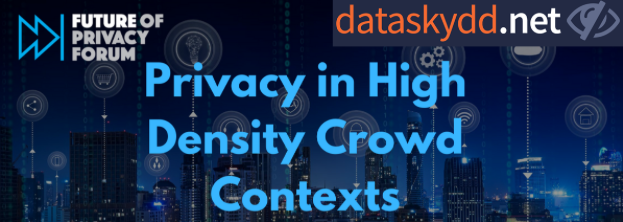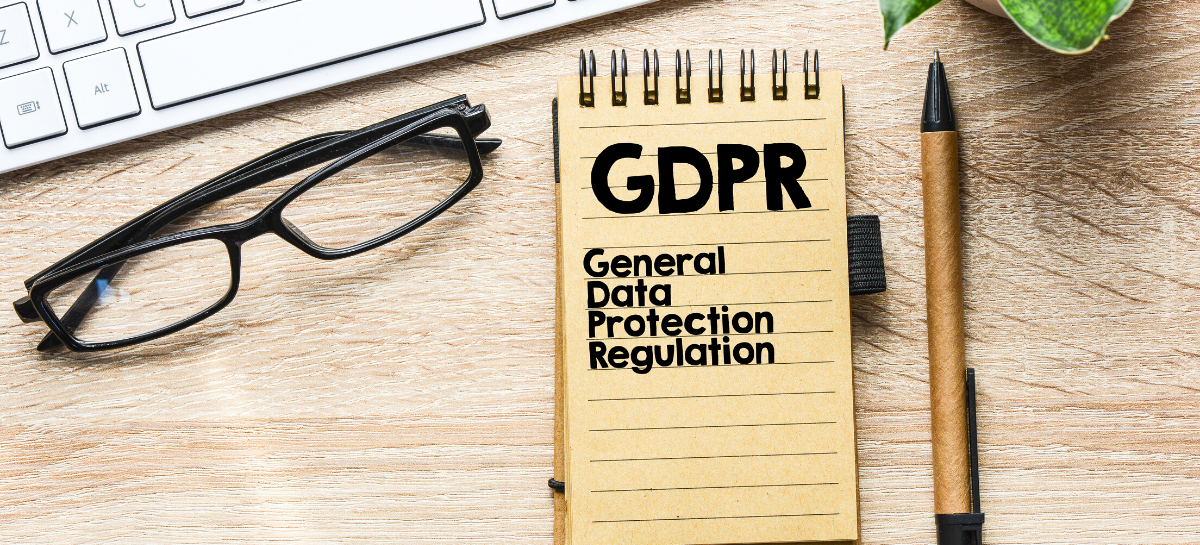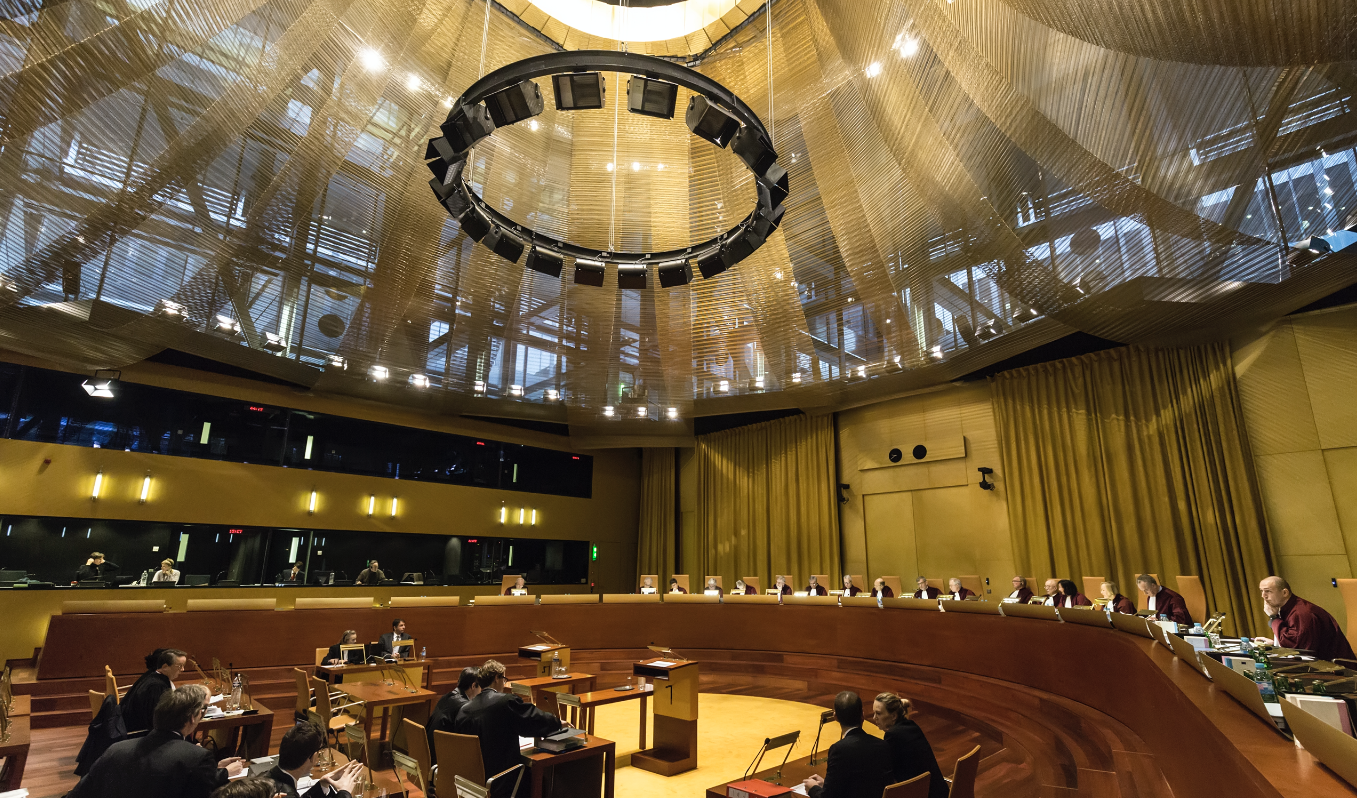Showing results for fire2020 xped free promo codes portugal

FPF & Dataskydd.net Webinar – Privacy in High Density Crowd Contexts
[…] privacy when developing network protocols. Figure 1 – Overview of P802E applications (slide from the presentation by Jerome Henry) The purpose of the P802E recommendation is ‘to promote a consistent approach by IEEE 802 protocol developers to mitigate privacy threats identified in the specified privacy threat model and provide a privacy guideline.’ In order […]

Rob van Eijk Discusses Trends in European Privacy Discussions
[…] we address uses of machine-generated data that are not necessarily personal data in the legal sence. Therefore, it’s important that we track policy developments related to the free flow of non-personal data, which also happens to be an issue that is top of mind for the European Commission at the moment. To learn […]

How the Student Privacy Pledge Bolsters Legal Requirements and Supports Better Privacy in Education
The Student Privacy Pledge is a public and legally enforceable statement by edtech companies to safeguard student privacy, built around a dozen privacy commitments regarding the collection, maintenance, use, and sharing of student personal information. Since it was introduced in 2014 by the Future of Privacy Forum (FPF) and the Software and Information Industry Association, […]

FPF Presents Expert Analysis to Washington State Lawmakers as Multiple States Weigh COVID-19 Privacy and Contact Tracing Legislation
[…] emergency, over the past few months state legislatures in the United States have diverted their resources towards establishing state and local reopening plans, allocating federal aid, and promoting public trust and public participation by addressing concerns over privacy and civil liberties. Many states have introduced bills which would govern collection, use, and sharing of […]

Protected: Protected: Future of Privacy Forum’s 2020 Annual Meeting
There is no excerpt because this is a protected post.

Christy Harris Discusses Trends in Ad Tech
[…] the data they collect, and ensure that any secondary or downstream uses of data are not unexpected or discriminatory (even if such uses ensure an app is free to use). What do you see happening over the next few years in ad-tech? Over the past few years, we’ve seen the GDPR have a very […]

The European Commission Considers Amending the General Data Protection Regulation to Make Digital Age of Consent Consistent
The European Commission published a Communication on its mandated two-year evaluation of the General Data Protection Regulation (GDPR) on June 24, 2020 in which it discusses as a future policy development “the possible harmonisation of the age of children consent in relation to information society services.” Notably, harmonizing the age of consent for children across […]

What to Expect from the Court of Justice of the EU in the Schrems II Decision This Week
[…] there is no immediate solution to provide an alternative lawful mechanism for transfers. The other options provided by the GDPR, like Binding Corporate Rules, certification mechanisms and Codes of Conduct (CoC) take a long time to be approved by Data Protection Authorities and very few are in place (particularly BCRs; there are currently no […]

iOS Privacy Advances
Law and legislation take the lead in setting standards for protecting personal data, but the policies and norms established by companies also play a central role. This has been the case particularly for global platforms providing the services used by billions in the course of daily life. Apple’s 2020 Worldwide Developer Conference (WWDC) previewed a […]

Privacy Scholarship Research Reporter: Issue 5, July 2020 – Preserving Privacy in Machine Learning: New Research on Data and Model Privacy
Notes from FPF In this edition of the “Privacy Scholarship Reporter”, we build on the general knowledge from the first two and then explore some of the technical research being conducted to achieve ethical and privacy goals. “Is it possible to preserve privacy in the age of AI?”, is a provocative question asked by academic […]
